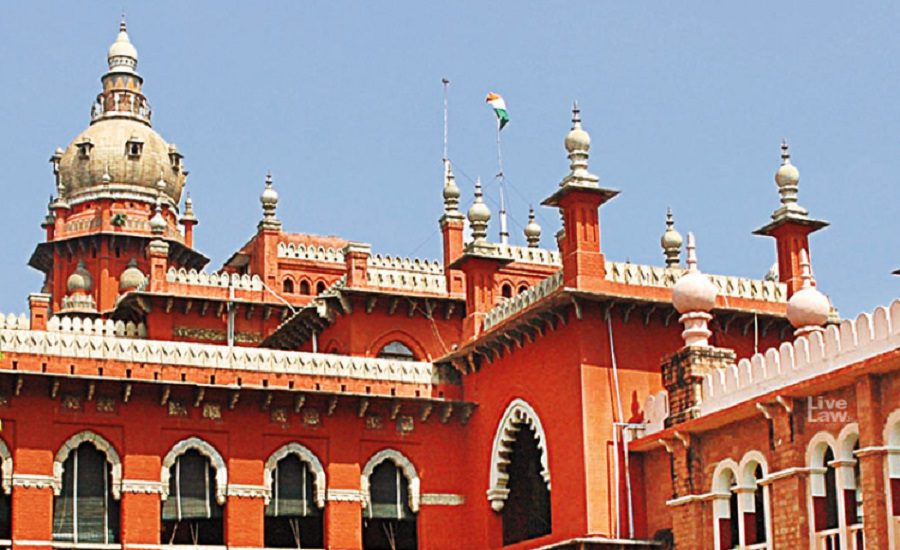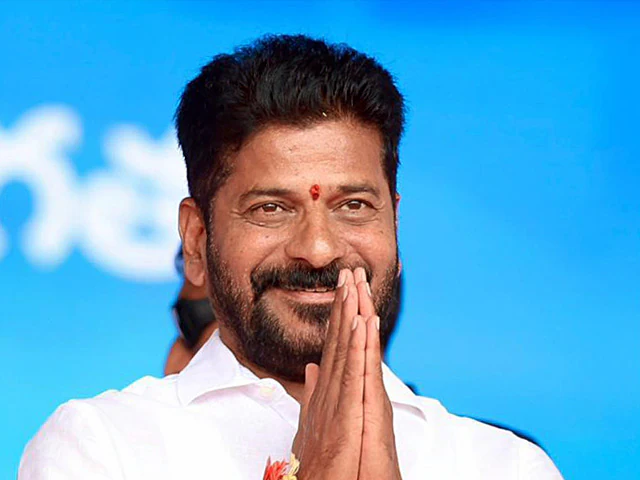CHENNAI: The Madras High Court on Friday strongly criticised the Tamil Nadu government for going back on its assurance to provide housing to selected Tamil scholars under the ‘Kanmavu Illam Scheme’, expressing concern over the growing influence of bureaucrats in decision-making.
Justice N Anand Venkatesh, who was hearing a plea filed by renowned lyricist R Vairamuthu, observed that IAS officers were running a “parallel government” in the state and were making decisions without understanding the emotional significance of such schemes. He further remarked that such actions would never have been permitted by former Chief Minister M. Karunanidhi, who initiated the scheme.
Background: ‘Kanmavu Illam Scheme’ for Tamil Scholars
The ‘Kanmavu Illam Scheme’ was introduced with the intention of honouring senior Tamil scholars and contributors to Tamil literature by providing them housing. A list of 10 beneficiaries, including Vairamuthu and former IPS officer and author Thilagavathy, had already been selected.
Earlier, during the hearing of a related plea by Thilagavathy, the Advocate General had assured the court that the government’s new restrictions would only apply prospectively, and that the 10 already-selected beneficiaries would receive their allotments as promised.
State’s U-Turn Sparks Judicial Rebuke
However, instead of honouring the assurance given to the court, the government filed an appeal against the order, leading to a stay by a division bench. This sudden reversal was brought to the court’s attention by senior advocate Xavier Arulraj, who appeared for Vairamuthu.
Justice Anand Venkatesh reacted sharply, stating:
“Allotting houses to writers is an emotional and sensitive matter. IAS officers do not understand this — they only operate in the tone of authority.”
He added that the bureaucratic interference in such people-centric schemes reflects a disturbing trend of officers functioning without understanding the cultural and emotional context of their decisions.
Court Displeased Over Bureaucratic Overreach
The court’s observations highlight an increasing tension between administrative discretion and judicial oversight, especially in socially sensitive matters like recognition of cultural contributors.
By saying that a parallel government is being run by IAS officers, the judge pointed to the growing perception that bureaucrats often override or undermine elected leadership or cabinet decisions, particularly those that involve social justice or recognition-based schemes.
read also: PIL Filed in Madras High Court Seeking Timely Appointment of New Tamil Nadu DGP – Details Inside
Next Steps in the Case
The matter remains sub judice, but the high court’s observations are expected to trigger further legal and political debate over the implementation of welfare schemes, the autonomy of bureaucrats, and the state’s commitment to promises made in court.





























